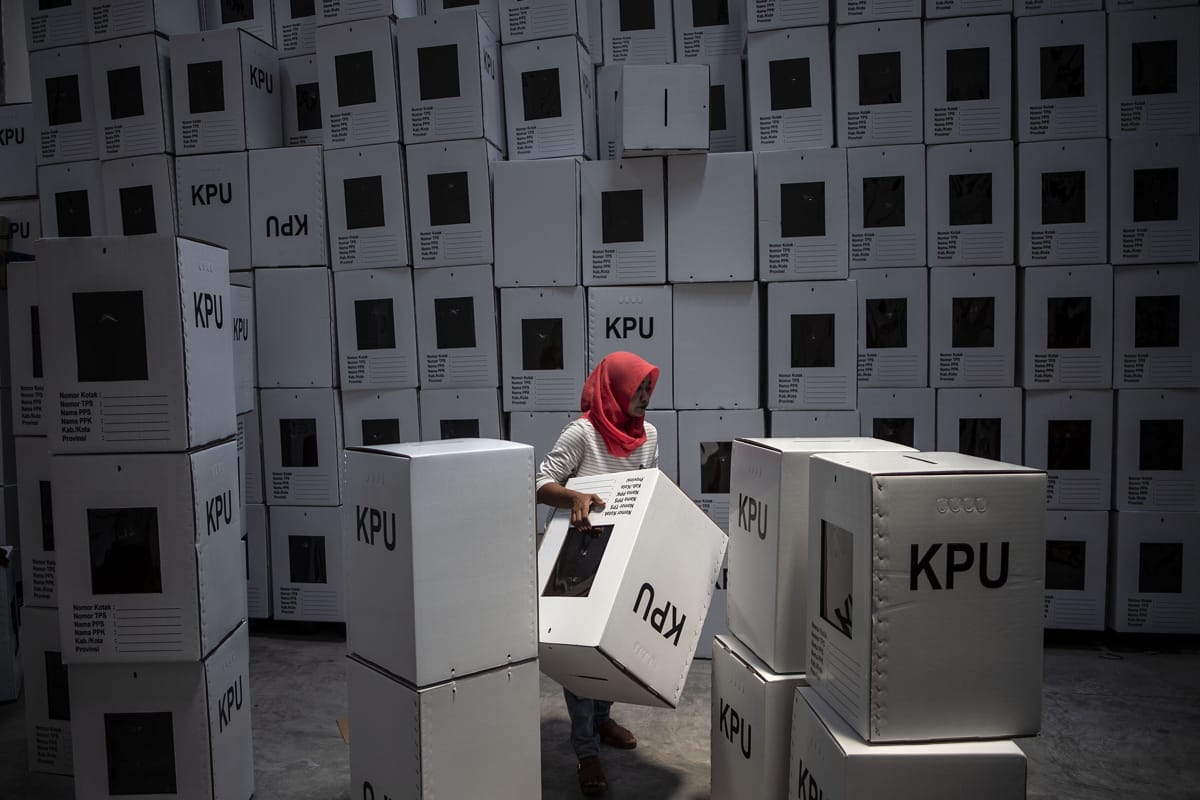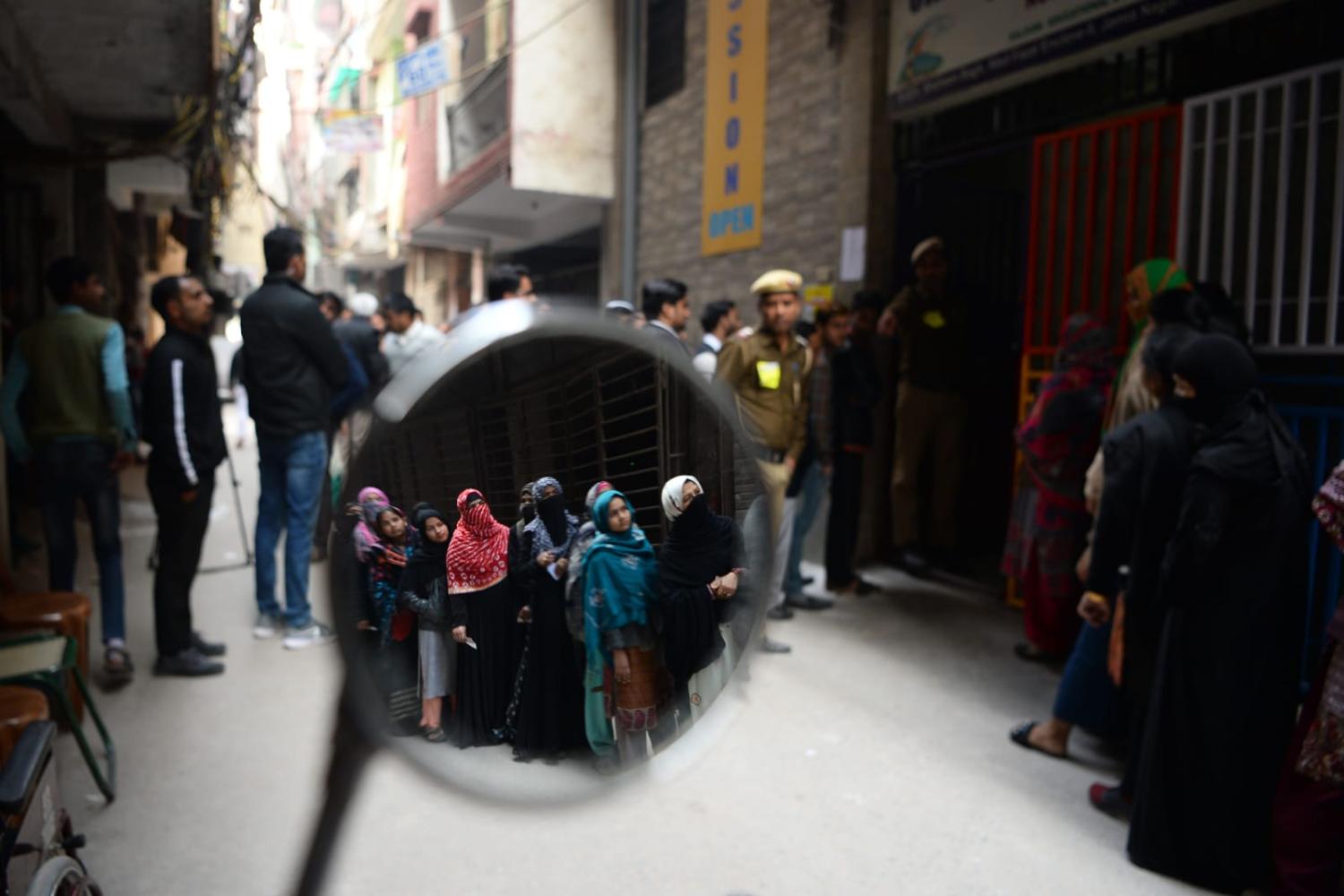Successive Australian governments, for many years now, have not had an explicit policy for fostering and promoting democracy. One is needed, now more than ever.
International IDEA’s upcoming Global State of Democracy report, with the latest edition to be released later this month, paints a concerning picture for Asia and the Pacific. Only 54 per cent of the regional population lives in a democracy. Even high and mid-performing democratic governments, including Australia’s, are facing erosions. Factors as diverse as the region itself contribute to this regression: rising ethno-nationalism, military intervention in political processes and corruption.
Although this negative trend is not unique to its neighbourhood, Australia should stand up, take note, and develop an explicit pro-democracy policy that shores up the position of democracy defenders and critical institutions that support rules-based order. The emergence and consolidation of thriving democracies in the Asia-Pacific Region is certainly in Australia’s long-term interest.
This is about supporting democracy in the region, not lecturing other countries. Indeed, as Penny Wong told the United Nations General Assembly in September, it is only together that the greatest challenges can be solved. Support for democracy is such a challenge, and it requires the commitment and collaboration of all democrats.
The Asia-Pacific region is a vibrant and diverse community of nations, home to some of the world’s most populous democracies. The largest, India, has long been lauded for its free and fair elections, managed ably by a competent electoral management body. This track record must be sustained so that India can remain an example for this key metric of democratic health.
But this must also be complemented with other core elements of democracy: freedom of expression, effective parliament, media integrity and civil society participation. Worryingly, measures charted in the Global State of Democracy report, including Checks on Government and Fundamental Rights, which encompasses freedom of expression, are showing signs of decline in India. These retreats must be addressed to protect the value of the vibrant Indian democracy for the rest of the continent.
Indian lawmakers and electoral authorities have no easy task – ensuring that more than one billion citizens have free and fair access to the polls and their government is a mammoth effort. Australia is well placed to support stakeholders on the periphery, such as civil society actors who are worried about maintaining the independence of the country’s electoral management body. Likewise, grassroots organisations, media and academics, who are more broadly engaged in defending freedom of expression, require steadfast backing. This is an opportunity to strengthen bonds among democracy defenders and collaborate on an issue that affects the entire regional community.

As measured by International IDEA’s indices, Indonesia’s democracy also faces challenges. Continuing a slow decline from 2021, multiple indicators including Access to Justice and Social Rights and Equality underpin an overall negative trend. The bilateral relationship between Indonesia and Australia is longstanding and robust across themes of trade, aid and defence. Australia needs a clear strategy to meaningfully support Indonesia on democracy as well, including renewing support for Indonesian civil society and anti-corruption efforts. This is particularly salient as the country heads into the 2024 presidential election.
Just recently, Indonesian civil society served as a warning bell in response to reports that President Joko Widodo, known as Jokowi, was eyeing a constitutional amendment that would allow him to run for a third term. Following a strong backlash, Jokowi assured the public that no such plans were in mind. This is evidence of a healthy democracy, in which citizens’ voices counteract the threat of democratic backsliding before it becomes entrenched. Australia can bolster local democratic forces by making clear that democracy in Indonesia and across the region is an Australian policy priority – one it will support with funding and resources.
The Albanese government is showing early signs of promise in this regard. Wong has asked the Joint Standing Committee on Foreign Affairs, Defence and Trade to conduct an inquiry into how Australia can promote democracy and the international rules-based order in its region. This is an excellent step and gives the committee the opportunity to canvass a wide variety of inputs on the best practices available. Democracy is not separate from security – the first begets the second. An investment in democratic institutions and processes is an investment in a collective future.
International IDEA can assist the parliamentary inquiry and other efforts by the Australian government through research, analysis, and programming. It is crucial that Indonesia and India, two of Australia’s key allies, go from democratic strength to strength, as do other democracies in the region. A formal democracy policy, crafted in consultation with election experts and civil society, would give Australia a framework for contributing to the objective of a democratic and prosperous Asia-Pacific neighbourhood.

